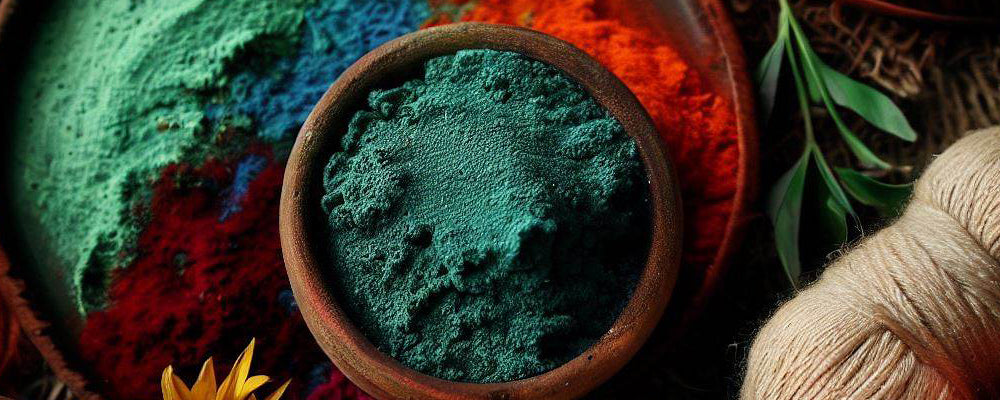Introduction
In recent years, the global fashion industry has witnessed a rising demand for sustainable and eco-friendly alternatives. As people become more conscious of their environmental impact, the preference for organic dyed clothing has grown significantly. Unlike conventional dyeing methods that involve harmful chemicals and synthetic materials, organic dyes offer a natural and sustainable solution that benefits both the environment and consumers. In this blog post, we will explore the numerous advantages of organic dyed clothing, highlighting its positive impact on our planet and our personal well-being.
Environmentally Friendly
One of the key advantages of organic dyed clothing is its minimal impact on the environment. Traditional dyeing processes often involve the use of toxic chemicals, heavy metals, and synthetic dyes that release harmful pollutants into water bodies, leading to water pollution and soil contamination. Conversely, organic dyes are derived from natural sources such as plants, flowers, and minerals, making them biodegradable and non-toxic. By choosing organic dyed clothing, you contribute to reducing the pollution of our ecosystems, safeguarding aquatic life, and preserving the overall environmental balance.
Health Benefits
Conventional synthetic dyes used in clothing production have been linked to various health concerns. Many of these synthetic dyes contain hazardous substances, including carcinogens and allergens that can cause skin irritations and allergies. On the other hand, organic dyes are free from these harmful chemicals, making them safer for both producers and consumers. Organic dyed clothing is gentle on the skin, reducing the risk of allergies and other skin conditions. This natural approach to dyeing ensures that your clothes not only look beautiful but also promote your overall well-being.
Sustainability
Organic dyeing methods embrace sustainable practices throughout the entire production process. By opting for organic dyes, you support farmers who cultivate natural dye plants and promote biodiversity. These plants are typically grown using organic farming methods, which avoid the use of synthetic fertilizers and pesticides, thus protecting the soil and surrounding ecosystems. Additionally, organic dyeing often involves water-saving techniques and minimizes energy consumption, contributing to a more sustainable and responsible fashion industry.
Unique and Vibrant Colors
Organic dyes offer a wide range of unique and vibrant colors that can be challenging to achieve with synthetic dyes. The richness and depth of hues derived from natural sources create a distinct and authentic appeal in organic dyed clothing. Each dye plant possesses its own characteristic color, resulting in a diverse palette that cannot be replicated by chemical dyes. By wearing organic dyed clothing, you not only support sustainable practices but also showcase your individual style with a touch of natural beauty.
Supporting Artisans and Local Communities
The shift towards organic dyeing methods promotes the revival of traditional techniques and empowers local artisans. Organic dyeing requires skilled craftsmanship and knowledge passed down through generations. By supporting brands and communities that prioritize organic dyes, you contribute to the preservation of cultural heritage and provide economic opportunities for artisans. Your choice to embrace organic dyed clothing helps sustain these age-old traditions and ensures a more ethical and fair fashion industry.
Conclusion
Organic dyed clothing offers a host of benefits, combining style with sustainability and health-conscious choices. By opting for organic dyes, you contribute to a cleaner environment, reduce the risk of allergies and skin irritations, support sustainable practices, and promote local communities and traditional craftsmanship. As consumers become more conscious of their choices, the demand for organic dyed clothing continues to grow, driving positive change in the fashion industry. Let us embrace the beauty of organic dyes and make a lasting impact on our planet, one garment at a time.

